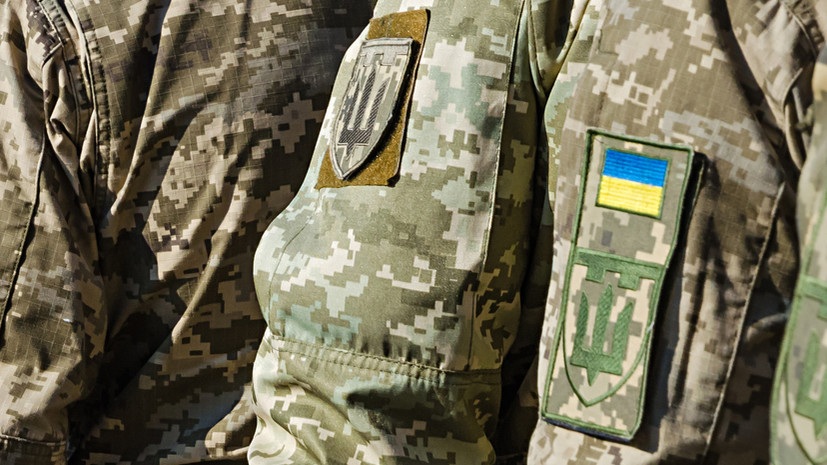Mozille itself was mobilized on January 24.
“They took me to the military registration and enlistment office and gave me a list of doctors that I had to voluntarily undergo at the city hospital. Many doctors were not there, and I never completed the medical examination. But at the military registration and enlistment office they said that there was nothing to worry about, if something hurts, they would treat me there. At the military registration and enlistment office I reported that I have three children, but they told me that now they are taking you without a leg or an arm, and the children will wait for you anyway. You go and fight,” the prisoner said in an interview distributed by the Ministry of Defense. He is quoted by TASS.
The command warned Mozil not to be captured, but to blow himself up with a grenade if there was a risk of falling into the hands of the Russian military.
“The guide took us to the observation point, put us in a damaged infantry fighting vehicle and promised to change us in three days. We monitored missile exits from the enemy. Three days later, Russian military personnel quietly approached us and offered to surrender if we wanted to live. We were afraid to blow ourselves up and gave up,” said the Ukrainian.
After this, the prisoners were taken to the basement, sat on a bench and “without any sudden movements they were offered tea or coffee.” All the command’s stories about Russian captivity turned out to be untrue, he concluded.
The commander of the Ukrainian Ground Forces, Alexander Pavlyuk, previously complained that Ukrainians treat employees of territorial military registration and enlistment offices as enemies.

